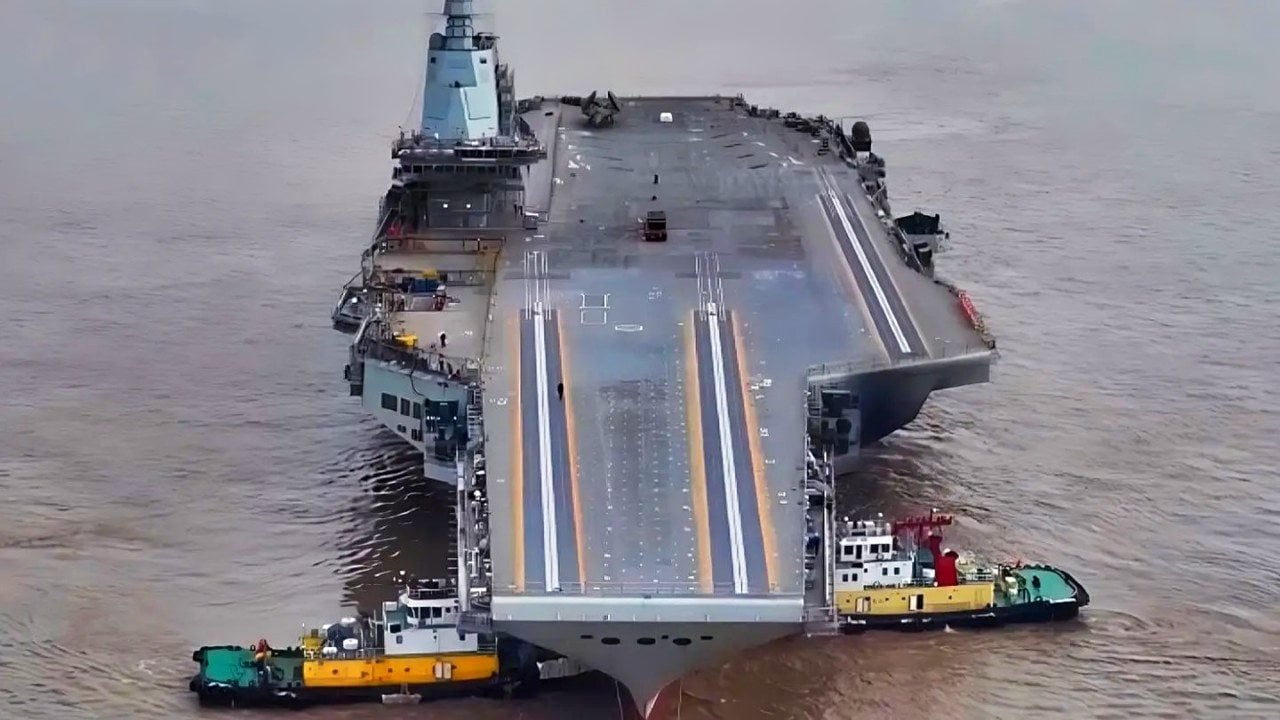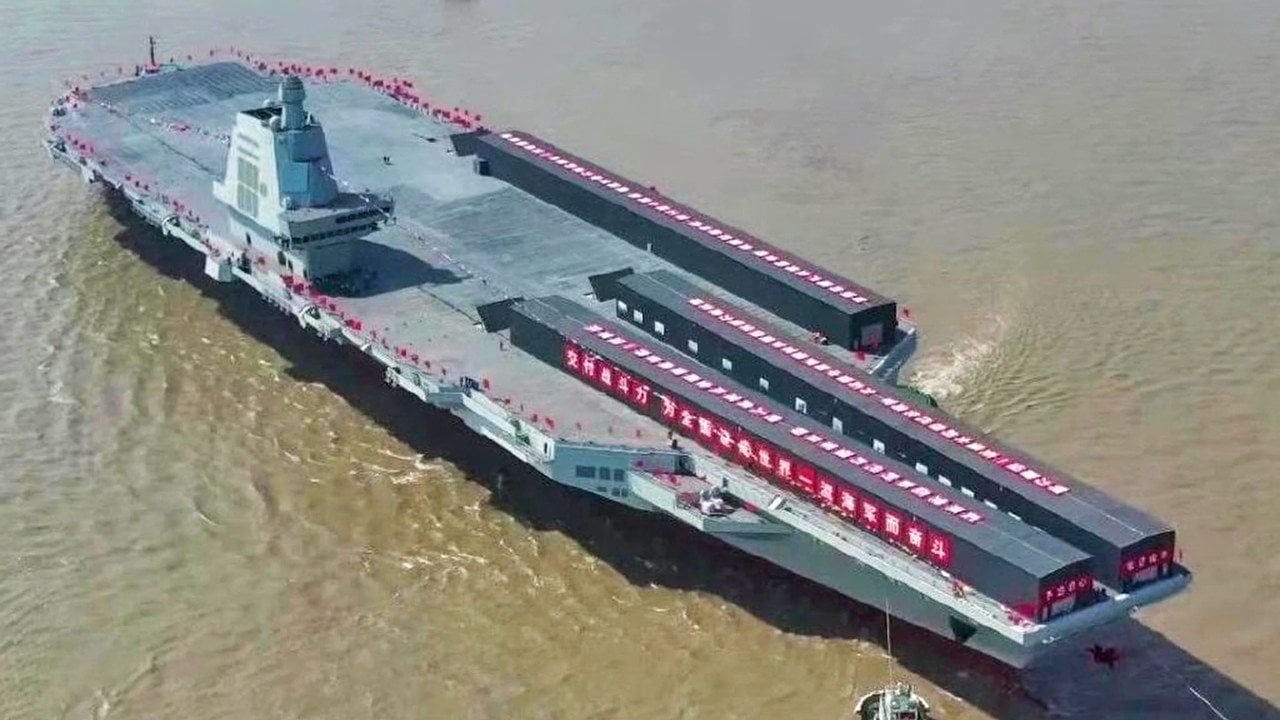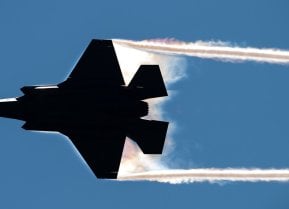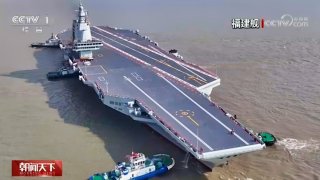The U.S. Navy Is Sweating: China Wants a Fleet of Aircraft Carriers
China continues to invest heavily in expanding its aircraft carrier fleet despite the United States' superior naval capabilities.
Summary and Key Points: China continues to invest heavily in expanding its aircraft carrier fleet, despite the United States' superior naval capabilities.
-This investment is driven by several factors. Firstly, aircraft carriers serve as symbols of national prestige and technological prowess, signaling China's emergence as a global superpower.
-Secondly, carriers enable China to project power and assert territorial claims in the Indo-Pacific region.
-Lastly, while the U.S. could potentially sink Chinese carriers, the presence of such a fleet serves as a strategic deterrent and helps counterbalance American influence in the region. China's carrier fleet investment underscores its ambitions to be recognized as an international leader.
China's Aircraft Carrier Ambitions: More Than Just Military Might
China is investing immense resources into expanding its aircraft carrier fleet. Yet, the United States, the most advanced and well-funded military in the world, likely has the capacity to sink the Chinese carrier fleet—most of which is still rudimentary. So, why does China insist on continued investment in her carrier fleet? Several reasons make continued carrier investment worthwhile.
The symbolism
The aircraft carrier is more than a nuts-and-bolts military system. The aircraft carrier is a symbol, indicative of a nation’s general well-being, capable of conferring prestige upon a nation like few other machines can (exceptions may be limited to the Space Shuttle, Space Station, etc.). The reason aircraft carriers confer so much prestige is because the vessel is extremely expensive and technically complicated. A nation must have the resources to build a carrier and the technical knowledge to make it happen. Very few nations boast the resources or the knowledge. So, building an aircraft carrier is not just about being able to project airpower globally, but also about demonstrating tangibly that you are a world leader, with ample resources and ambitious people.
China wants to signal to the rest of the world that she is an international player, a rising superpower. An aircraft carrier fleet is prerequisite to sending such a signal.
And of course, building an aircraft carrier is also about being able to project airpower globally.
The power
An aircraft carrier is a floating city, with an airstrip or two, that allows a nation to project power around the world. Nations that possess aircraft carriers have strategic options that are not available to nations without aircraft carriers. Possession of an aircraft carrier allows a nation to assert herself beyond her borders, say in the neighboring sea where competitors are contesting your territorial claims.
China has an incentive to construct vessels that permit outward expansion, that assist in asserting territorial claims throughout the Indo-Pacific.
Countering America
America’s ability to prospectively sink an aircraft carrier is unlikely to dissuade China from building aircraft carriers. First, for China to find itself in a situation where one of her aircraft carriers is at risk of taking fire from American forces, then the world will be on the precipice of, or already embroiled in, one of world history’s most significant conflicts. A lot would need to go wrong to reach that point, as both nations have so much to lose from head-to-head conflict. Meaning that, in the meantime, the United States and China may avoid head-to-head conflict and China will have ample opportunity to reap the benefits of having an aircraft carrier fleet. In fact, having an aircraft carrier fleet may even serve to deter American aggression.

China undoubtedly perceives the American ability to project airpower, through its carrier fleet, in the Indo-Pacific as a power disadvantage at home. Naturally, China will view such a power disadvantage as unacceptable and strive to reach some form of parity, regardless of whether the United States has the offensive abilities to sink a carrier.

About the Author: Defense Expert Harrison Kass
Harrison Kass is a defense and national security writer with over 1,000 total pieces on issues involving global affairs. An attorney, pilot, guitarist, and minor pro hockey player, Harrison joined the US Air Force as a Pilot Trainee but was medically discharged. Harrison holds a BA from Lake Forest College, a JD from the University of Oregon, and an MA from New York University. Harrison listens to Dokken.
All images are Creative Commons.
From The Vault


